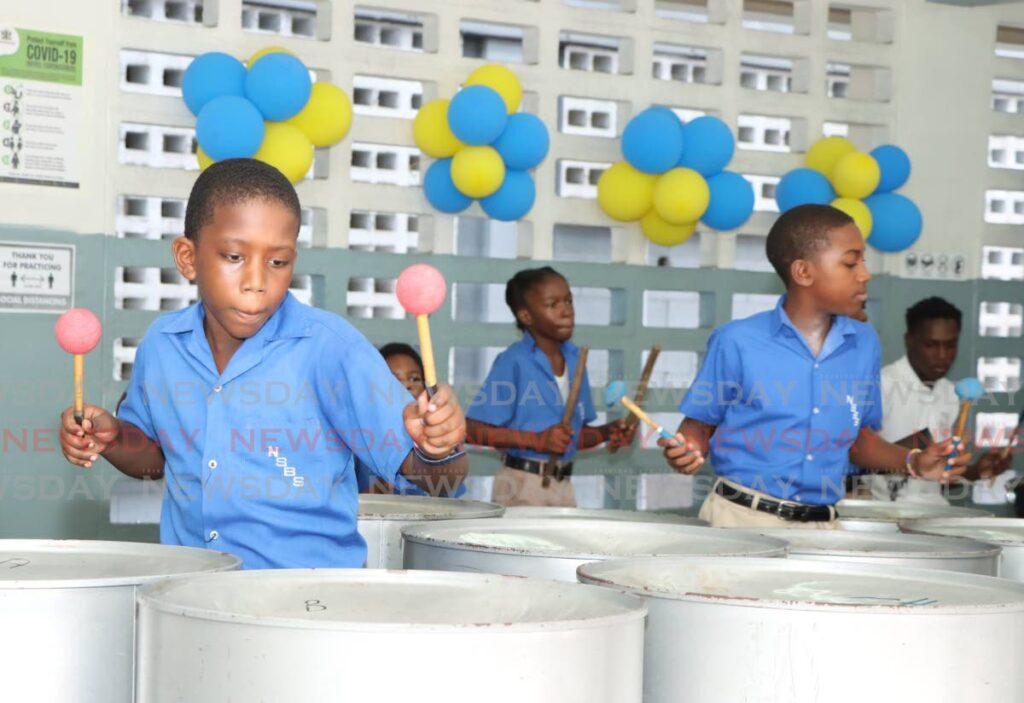Evolving Junior Panorama

Three winners will emerge from 32 steelbands in the categories designated for this year's Junior Panorama finals – Under 21 and primary and secondary schools.
The audience at Queen's Park Savannah, on Sunday, listening to the work of all the bands will be treated to quality music rendered by a new generation of musicians.
But as motivating as the competition for those titles can be, it also creates an environment that makes it challenging to see the growth of musicians among these competing pannists.
To make up numbers for a stage side, many players will learn their notes by rote, through hours of painstaking rehearsal, drilling through the arrangements passage by passage, section by section, slower, then faster. This makes for an impressive presentation on the competition stage, but more must be done to emphasise the importance of quality musicianship among the individual players, particularly those who demonstrate a genuine aptitude and talent for the national instrument.
A total of 19 primary school, 21 secondary school and 17 youth bands, most affiliated with a medium or large band, were judged at the preliminary phase in the opening weeks of the new year.
What happens to the players in the bands that weren't chosen? Are the members of the 25 bands who didn't make the finals cut – many with scores razor-edge close to the qualifiers – to have their hopes for musical success dashed by not being selected to play on the Savannah stage?
In choosing to manage musical achievement as a horse race, with all the attention and rewards paid to the top finishers, the compelling value of the steelband movement and the panyard experience is set aside in favour of a feverish run to get one big tune right. What worked for the steelbands of the past will not work for the pannists of the future. To reverse the erosion of youth interest in the steelband and cultivate a new generation of pan musicians, youth bands and school steelbands should be encouraged to build communities of young pannists whose ambitions in music can be realised.
To do that, steelbands must be supported in their efforts to teach the fundamentals of music, including technique and sight reading, to these promising children, who have already surrendered hours each day during this season in an effort to support their chosen bands.
Pan Trinbago should build on music education initiatives in schools and panyards, and build support to turn the efforts of these children into career skills. The former Pan-in-Schools curriculum should be revisited with the Education Ministry.
Also, going forward Pan Trinbago should diffuse the sting of competition by ensuring that every child registered to perform with a youth or school steelband is invited to attend the finals without cost, ushered to premium seating and treated like the musicians they are.


Comments
"Evolving Junior Panorama"